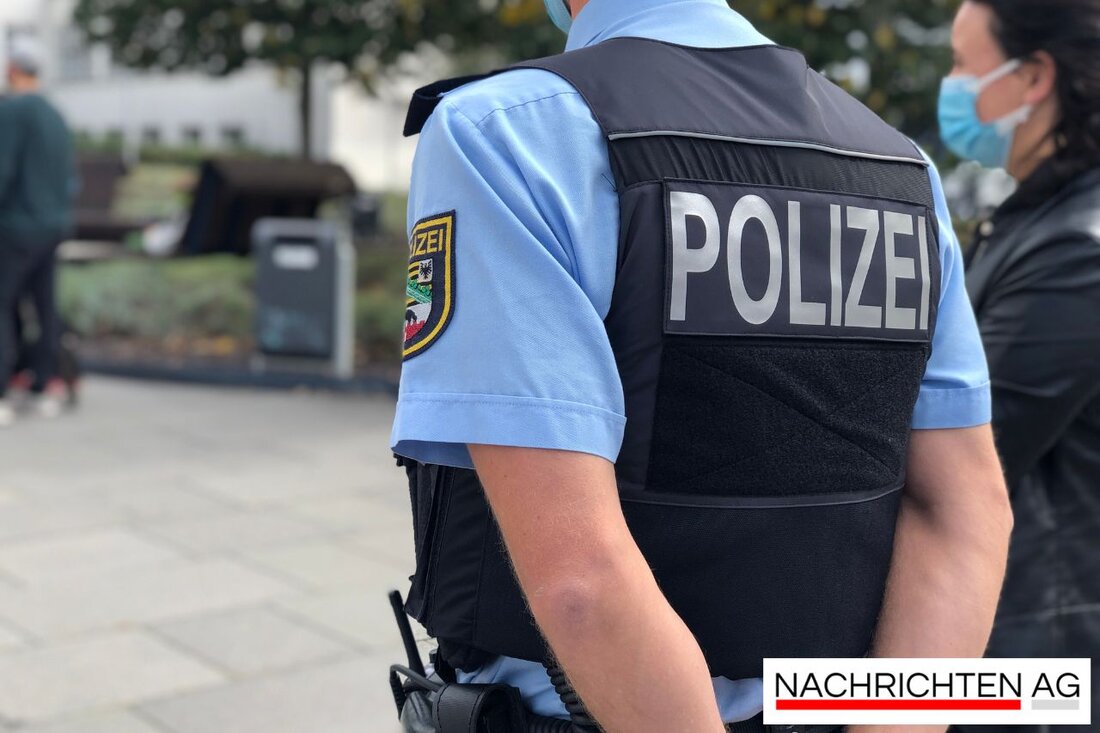Scandal at Edeka: Greenpeace blocks meat plant in Lüttow-Valluhn

Scandal at Edeka: Greenpeace blocks meat plant in Lüttow-Valluhn
Lüttow-Valluhn, Deutschland - The Greenpeace protest against the practices in the meat soron repeatedly takes on new forms. On June 26, 2025, 35 activists from the environmental protection organization in front of the Edeka meat plant in Lüttow-Valluhn, in the Ludwigslust-Parchim district, came together. The focus of the campaign was a 115 meter long banner with the striking words "animal suffering" and "climate fault", which should impressively draw attention to the problems in meat production. According to NDR, EDEKA is accused of contributing to the destruction of the environment and animal welfare with its cheap meat offer.
The temporary blockade of the access to the meat plant caused lively discussions, even if the police classified the situation as peaceful. Since the campaign took place unannounced, the activists were released, while investigations were initiated for trespassing. Edeka itself has undertaken to change its product lines and announced that from 2030 only meat from higher forms of husbandry.
animal suffering and environmental awareness
This protest is not an isolated case. Already on May 20, 2025, 15 Greenpeace activists in front of an Edeka branch in Hamburg pointed out the grievances in meat production. There they glued photos of animals from animal welfare attitudes to the windows and confronted the passers -by with the slogan "We ♥ ️ Tierleid. Edeka". The pictures came from Edeka suppliers in Schleswig-Holstein and show injured or even dead animals from mast stables, many of which supply the chain with cheap meat. Greenpeace demands from Edeka to finally end animal suffering and sent an open letter to the CEO Markus Mosa, who has already been signed by over 71,000 people.
Awareness of the negative effects of meat consumption on the climate and the environment grows. According to information on Environmental-In-Ingächt.de, average meat consumption in Germany has risen to a frightening 60 kg per capita-twice as much as in the 1950s. This not only causes major environmental impact, but also has considerable health consequences. In addition, environmental and animal welfare associations complain that over 80 percent of the meat used by EDEKA comes from forms of husbandry.
claims and future prospects
The discussion about meat consumption in Germany is also initiated by political initiatives. Experts demand a reduction in meat consumption and a higher taxation of meat products in order to move consumers to more environmentally friendly alternatives. The reduced VAT rate for meat is currently 7 %, which is often criticized as too low in the political debate. Initiatives to promote plant nutrition are becoming increasingly important and offering both health and ecological advantages.
In view of the global challenges regarding climate change and the changing eating habits, it is clear: in order to protect the environment and avoid animal suffering, fundamental changes are necessary. Those responsible in the food industry, such as EDEKA, are under pressure to rethink their business models and to take on more responsibility for the products they offer. The well -being of the animals and the protection of our environment should be in the top priority.Further information on the background of the protest and the environmental consequences of the meat consumption can be found at NDR and [Greenpeace] (https://presseportal.greenpeace.de/25011-protest- against-fleisch-aus- animal protection) as well as on environment in class.
| Details | |
|---|---|
| Ort | Lüttow-Valluhn, Deutschland |
| Quellen | |
